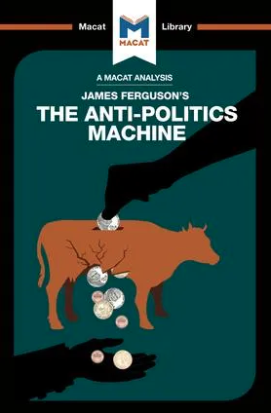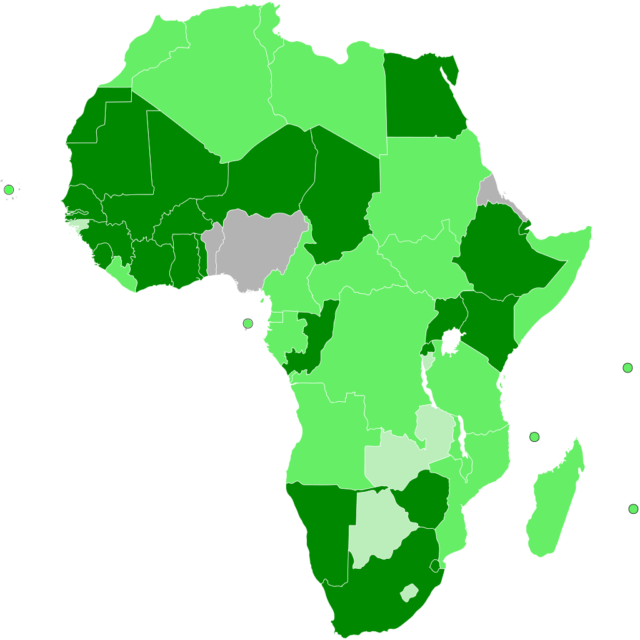Sarah Hoyt outlines a few of the grim future scenarios that appeared to be the future to people who earned a living writing about possible futures:
1 – World government.
To be fair, it seemed an absolutely sane and inescapable prediction for people who had seen the centralized nation states of the twentieth century consolidate. With faster communication, would come total union, right?I note Heinlein stopped believing this after his world tour. In fact in Friday he has a fractured USA.
That second vision is more likely. There are too many cultures in the world and too many competing interests to have a world government. Even on the administrative side, a world government might be absolutely impossible, unless it’s a nominal government and the sub-governments do everything really.
In which case, you know what? It’s no different than what we have, except we call any war a civil war.
The only people this idea still makes sense to are people who think they can change reality by changing the words.
Of course, just because there isn’t a formal world government doesn’t stop national governments and legacy media organizations from pretending that there is some supranational body whose directives they must always follow … at least when they want to do something the voters don’t want them to do. Lockdowns, anyone? Vaccine mandates? Social media censorship at the micro level? Oh, we have to do them because the WHO/UN/WEF/etc. insist.
2 – Overpopulation.
Yeah, I know what the population “counts” are, but we don’t have overpopulation. We don’t have any of the signs of overpopulation, and it’s becoming plainly obvious, country by country, locality by locality that there’s no overpopulation.Malthus was an unpleasant fatalist. he was also wrong. Humanity doesn’t keep reproducing like mindless rabbits.
To be fair, this makes perfect sense because we’re a scavenger species. For scavenger species the population curve is the bell curve, not an exponential climb.
It’s funny how third world governments can “accurately” report booming populations — at least partly because foreign aid from the west is often directly tied to those reports — yet many of them don’t even know how many civil servants they employ. And western governments and aid agencies just pretend to believe them.
3 – Total depletion of resources leading to the “rusty future” in a lot of eighties science fiction.
A lot of resources are in fact depleted, but we have found others This is something that the “Greens” seem unable to grasp. Humanity is a continuous depleting of resources, and discovering new resources and new ways to use them. For instance, given our population, I don’t think we have enough flint to knap for knives for all of us. It’s an obvious crisis.In the same way, do you think it’s even possible for all of us to have a horse? Our cities would be hip-deep in horse poo.
But we are the ape that adapts. Things change. And the future will be as shiny as we want it. Unless fashion calls for dull, of course.
If you’ve been educated in a zero-sum economic picture, then it’s difficult or impossible for you to recognize that when resources begin to run short and prices rise, individuals and companies look for more efficient ways to use the now more expensive resource or to consider substitutions. This is why economies who try to suppress normal market signals, like rising prices due to diminished supplies, end up far worse off … humans in aggregate are adaptable and will try to find alternatives when they can.
4 – The world isn’t a communist state, or filled with communist states.
There are some yes, but the ones there are are in obvious trouble, and only the propagandized and the ignorant believe it is a way to live, or a way that brings about paradise. In fact, most of today’s communists are merely wanting to reign in hell.
They know they’d unleash hell, they just think they’d be king.
As bad as it is that people are still fighting for this, it’s miles ahead of the status quo till the eighties, where people actually believed planned centralized states were better.
We still have a fight ahead of us, and we might still fail, but there will never be a whole-word communism. and those of use devoted to freedom will eventually win. It just will take probably more than my life. At least on a world-scale.
Among the governments most likely to resort to market denial (and autarky) are socialist and communist states. Central planning is one of the fastest methods to starving your population aside from total war. Central planners are always confident that they “know better” than filthy capitalists, and with proper “scientific” planning they can avoid all the “waste” that market societies produce. For a detailed look, consider the plight of poor, imaginary Wyatt, a factory manager under GOSPLAN in the old Soviet Union. If anything, Sev underestimates the economic disaster that Soviet central planning perpetrated.
5 – We don’t have some sort of central authority that contols all of something: genetics; who is arrested; etc.
A lot of places have crazy authorities, but not the whole world. we’re not enslaved by the Tech Lords (and what a pitiful lot those turned out to be) and the agencies trying to subjugate us are not all powerful, more along the lines of a bunch of venal chuckleheads. Annoying, with no morals and insane, but not all powerful. It could be worse.
It certainly could be worse, and useful idiots in western governments and legacy media are doing what they can to bring everything possible under tighter control, but as I’ve pointed out repeatedly the more a government tries to do, the worse it does everything.











